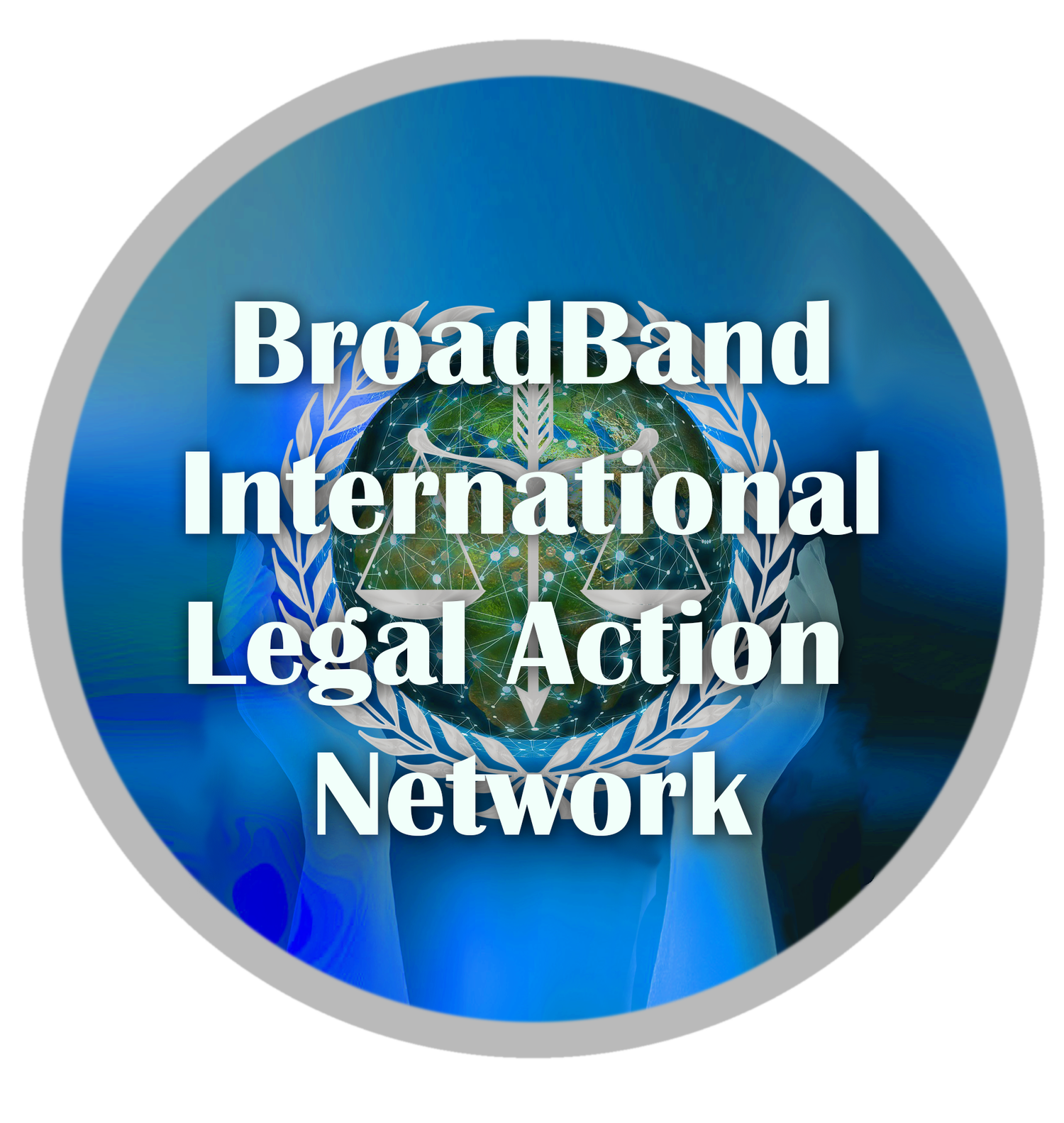2024-05-20 May 20 Evolutionary Conversation — Wildfire Risks in an Age of Climate Turbulence and Cell Tower Densification
Join Julian Gresser and a Panel of Experts for an Evolutionary Conversation on May 20, 2024 —
How Empowered Local Communities Can Effectively Address Urgent Wildfire Safety Risks
in an Age of Climate Turbulence and Cell Tower Proliferation,
Save Lives and Protect the Environment
Monday May 20, 2024, 12:00-2:00 pm Pacific
New scientific findings are uncovering unique wildfire risks associated with the proliferation of wireless small cell and macro towers, smart meters and other IoT devices. At the same time, empowered local communities are innovating to address these grave risks. Please join our panel of leading experts to discuss this critical subject which every local community in the country must now address. This webinar is timely, as wildfire risks associated with cell towers and other wireless infrastructure will greatly intensify during this summer season. This is a foreseeable and avoidable catastrophe. It is also a matter of profound social and environmental justice and basic human rights. Not everyone agrees with the above statement; the purpose of this Evolutionary Conversation is to examine critically the available evidence on wildfire risks from cell towers.
Panelists:
Julian Gresser, Host, Co-Founder BBILAN;
Scott McCollough, Chief Counsel, Children’s Health Defense;
Mitchell Tsai, environmental lawyer
Mark Davis, Co-Founder, Davis Levin Livingston (Honolulu), senior attorney handling Maui wildfire cases;
Odette Wilkens, attorney, founder and General Counsel, Wired Broadband, Inc. (WBI);
Melissa Allain, legal compliance expert;
Dr. Martin Pall, professor emeritus of biochemistry and basic medical sciences at Washington State University;
Lake Tahoe Fire Safety Alliance: David Jinkens, Dana and Brett Tibbits*, Alan Miller, Robert Aaron;
Susan Foster, Honorary Firefighter San Diego Fire Department, Fire & Utility Consultant
Sheridan Tatsuno*, visionary environmental city planner, Gaiapolis Academy co-founder;
Erik Anderson*, Professional Engineer;
Ryan DiGuilio, Fire Marshal/Battalion Chief, City of Santa Barbara
Agenda
Presentations:
Framing the conversation: Critically examining risk (probability x potential damage) in light of available evidence — Julian Gresser
Do cell towers and smart meters present a wildfire risk? – A brief summary of the science (terpenes etc.) of EMFs and wildfires — Dr. Martin Pall
A brief technical primer on cell tower electrical engineering — Erik Anderson
Federal Preemption: Are local communities hands tied? — Scott McCollough
Are cell towers critical for effective communications during wildfires? What are some viable preferable alternatives? — Scott McCollough
Effective legal remedies: Are wireless telecoms, as public utilities, exempt from local fire safety codes? The Malibu Fire Safety Code and the Malibu Resolution — Scott McCollough
NEPA and CEQA (and other state environmental laws): applications wildfire risks: scope of EIS/EIR assessments — Scott McCollough and Mitchell Tsai
Evacuation: How well prepared are communities for massive wildfires, beginning this summer 2024?! — Lake Tahoe Fire Safety Alliance
Corporate Compliance — Melissa Allain
Is installing cell towers in the National Parks a good idea? (HR 6492, et al.) — Odette Wilkens
How integrally resilient is Santa Barbara to wildfire risks? Community Resilience Scorecard — Julian Gresser and Ryan DiGuilio
Report on the Maui wildfire litigation — Mark Davis
Public Policy: Who currently bears the costs of wildfires; who should bear the costs? — Julian Gresser
Insurance: Will insurance be available at all; if so, to whom, and will it be affordable? — Julian Gresser
Disaster Capitalism, Social and Environmental Justice — Sheridan Tatsuno
Case Studies:
Los Angeles County — Julian Gresser, Scott McCollough
Lake Tahoe — Lake Tahoe Fire Safety Alliance
New York City — Odette Wilkens
The Collaborative Imperative: Synergistic/Resilient Leadership — Julian Gresser
AI applications in the forecasting and management of catastrophic risks — Julian Gresser
Individual presentations will be followed by a Panel Conversation with audience questions via Zoom Chat.
Critical Next Steps: Generate a National, State, Local Fire Safety Plan, including recommended ordinances and local resolutions.
If you wish to dive deeper into a collaborative journey, consider joining Julian’s Resilient Communities Course; registration closes Thursday May 23, 2024.
Resources:
Susan Foster and Tony Simmons White Paper on Fire Risks (2-16-22)
Malibu Wireless Permit (WP) and Wireless ROW Permit (WRP) Submittal Checklist / Packet (See pp. 3 and 4, items 16 and 17)
License To Burn: Wildfire As the Ultimate Private-Public Partnership by Dana Tibbits (April 2024) | Part 1 | Part 2 | Part 3
The Wildfire Evacuation Dilemma -- How Not To Become Lahaina by Robert Byren (October 2023)
LA County (and CA Electrical Code) Exempt “Public Utilities” (See Sec. 80-6)
Waldmann-Selsam — Radiofrequency radiation injures trees around mobile phone base stations (2016)
Wildfire Risk to Communities — a free website to help communities in the United States understand, explore, and reduce wildfire risk
Telecommunications Equipment Initiated Wildfires | Susan Foster (2024)
Telecom Fires and Federal Bills | Written by Susan Foster and co-written, designed/produced by eyemind concepts
National Fire Protection Association (NFPA) Standards Development Process
Fact Sheet: Federal Legislation On Wireless Communications — Wildfire Risks From Cell Tower Proliferation | Environmental Health Trust
